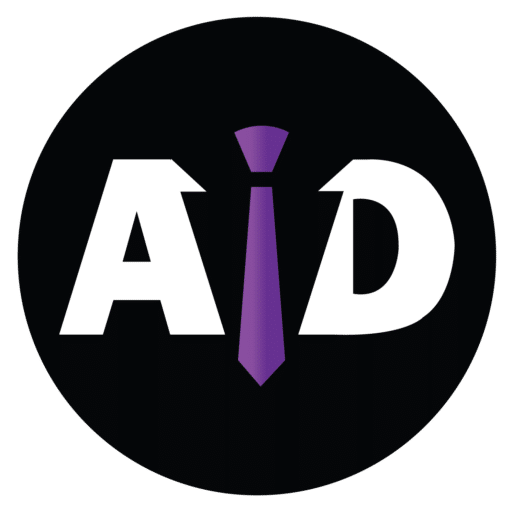North Carolina Teaching: “First in Flight”
North Carolina has had a long-standing debate with our friends in Ohio on which state should be “first in flight.” After all, the Wright Brothers were born in Dayton, but took their first whirl with an airplane at Kill Devil Hills on the Outer Banks, NC. While this debate is encouraged to continue, a far more frightening “first in flight” is occurring in North Carolina at the moment — that of the teaching profession.
When I entered as a first year teacher in 2004, teaching in North Carolina was still seen as a moderately noble undertaking. Granted, they were stuck somewhere in the middle of the nation for teacher pay, but overall, it wasn’t bad, and I made a nice salary bump when I got my masters after year three of teaching and my National Board Certification (which North Carolina paid for) after year five. Today, we sit at the bottom of the barrel for teacher pay, with masters pay no longer and the once-applauded National Board incentive dried up.
As I now sit as a clinical professor in the department of education at my alma mater, Wake Forest University, I am witnessing first hand the slow and painful death of teacher education programs. Last year at Wake Forest, we had 12 elementary education majors graduate, this May it will be 8, and as it stands at the moment, 9 in 2017. This is unsurprisingly an even starker decline from enrollment a decade ago. I had a feeling that this trend was not unique to my school, so I did some digging and calculations from around the state.
According to the North Carolina Institutions of Higher Education (IHE) Educator Preparation Program Report Cards (which are reported to the Department of Public Instruction each year by colleges and universities), there were 9,038 full-time students enrolled in educator preparation programs in 2011-2012 school year (earliest data available to compare online). In the 2014-2015 school year, there were 7,669 full-time students. That’s a 15% decrease over a three year span.
During this time, most of the state’s largest educator preparation programs (East Carolina University, NC State University, all of the UNC branches, and Western Carolina University) all saw significant decreases, while Appalachian State University was the only notable large-scale program that saw an increase. We also saw three programs (Davidson College, Montreat College, and St. Augustines College) shut down their teacher preparation programs. One new program opened up (Mid Atlantic Christian University), though their reported enrollment was at 2. Overall, 41 of the 49 (84%) programs saw a decline from the 2011 to 2015 time span.
North Carolina is not the only state in the country seeing enrollment decreases, program closures, and struggles in recruiting and developing the next generation of teachers. As the baby boomer generation enters retirement, there leaves a gaping hole in the teaching profession. You can scour the internet and find endless articles suggesting ways in which this may change: more money, more respect for teachers, better materials, etc. I have a number of ideas of my own, in which I am working to implement here at my own university. I am saddened that the North Carolina license plates that have the apple to represent teaching on them and the state motto “First in Flight” right under it has taken on a whole new meaning.









As a "baby boomer" I see how and way teachers are leaving profession. Here in Louisiana I have loved my job but the problem with discipline issues has raised its head and scared off most teachers after working only 3-4 years. I spent 27 years and the only thing that caused me to 'quite' was a medical issue that I had no control over. I REALLY wish I could have kept teaching. I would be in my 30th year now. The school I left has changed teacher twice since I left and I was there for 15 years.